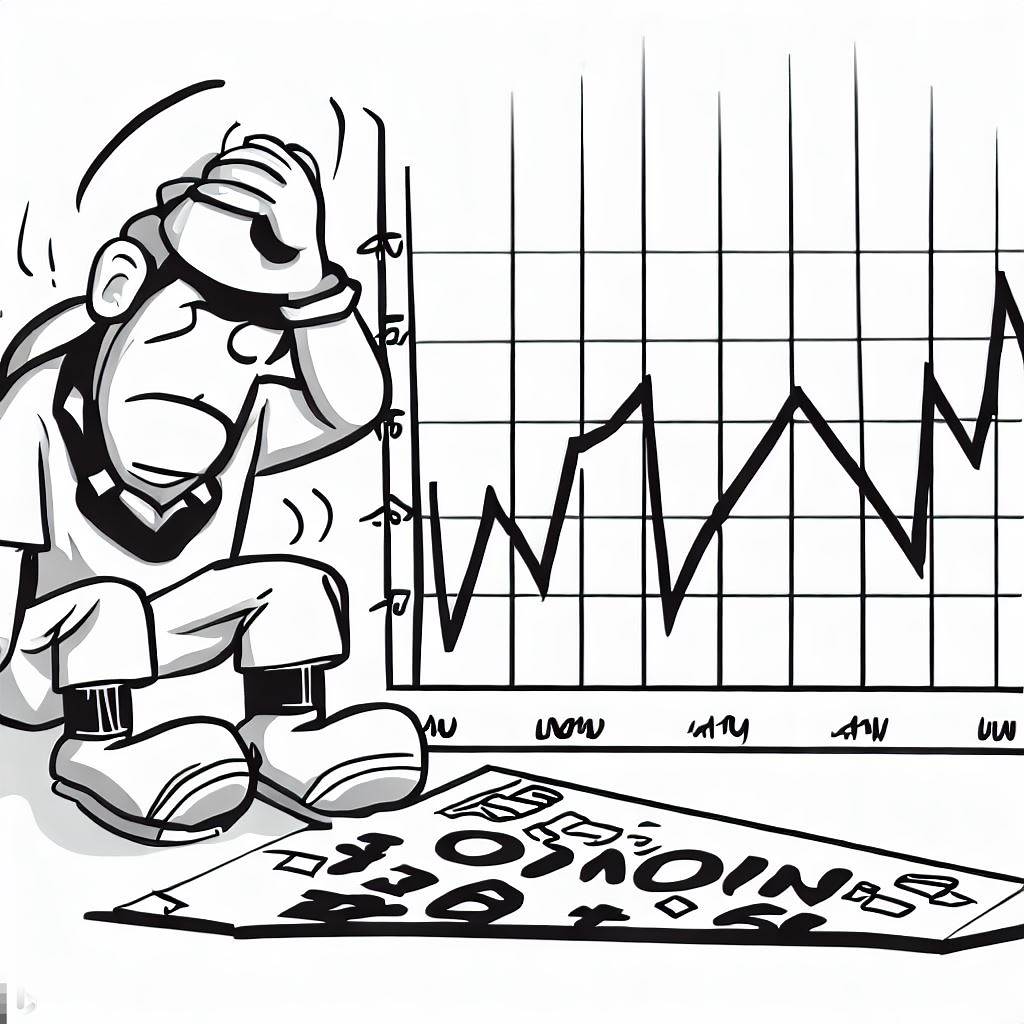Preparing for uncertain economic times is wise. Many fear making significant decisions during recessions, but careful planning can mitigate concerns. Tips include building an emergency fund, assessing career moves, acquiring skills, reducing debt, diversifying income, managing expenses, and viewing recessions as investment opportunities. Diligence and adaptability can lead to financial stability.
___________________________________________
“Whether you think one is looming or not I ask everyone for some practical advice from people who have lived through them before. I mainly ask as I want to quit my stable job in civil construction for a different field but think this might be stupid in the current economic climate.”
(Original question on Reddit)
___________________________________________
Preparing for a potential recession or uncertain economic times is a wise and proactive approach. Although no one can predict future economic conditions, being well-prepared can significantly reduce the impact of any economic challenges. Whether you’re considering a career change or not, it’s common to have concerns about making significant decisions during such periods. Many people worry about making themselves look ‘stupid’ by assuming they could take these sorts of financial leaps of faith. However, with careful planning and consideration, you can mitigate these concerns and make informed choices. Here are some general tips that can be valuable during economic downturns:
Build an Emergency Fund
Before making significant career changes, ensure you have a robust emergency fund. This fund should cover at least three to six months of living expenses. Having this cushion can provide financial security during uncertain times.
Evaluate Your Career Move
Assess the new field you’re considering. Is it a growing industry even during economic downturns? Research the job market and demand for positions in that field.
Skill Enhancement
If you switch careers, invest time acquiring the necessary skills and qualifications. Consider part-time courses or online learning to make yourself more marketable.
Reduce Debt
Prioritise paying down high-interest debts as much as possible. Lowering your debt burden will give you more financial flexibility and reduce financial stress during a recession. You can avoid paying extra debt and save money by paying off high-interest debt.
Diversify Income Streams
Explore ways to diversify your income, such as starting a side business or doing side hustles like Uber. Multiple income streams provide stability and the extra cash you need.
Evaluate Expenses
Review your monthly expenses and find areas where you can cut back. Create a budget and stick to it to ensure you live within your means. You can look to cut out unexpected expenses such as eating out, subscriptions, expensive clothing and impulsive purchases. Use your budget to prioritise saving during uncertain times rather than making non-essential purchases.
Turn it into an opportunity
During a recession, some people like to think of it as a Black Friday sale for stocks. While many assets are trading at reduced prices, you have the chance to acquire high-quality investments at a discount or begin investing in index funds while they are down. Nevertheless, exercising due diligence before making any purchases is crucial. Investing in companies for the long term can be an advantageous strategy during a recession, allowing you to enter at lower prices and employ dollar-cost averaging. This approach enables you to construct a long-term portfolio tailored to your financial objectives.
By diligently following these tips, you can effectively navigate the challenges a recession brings while capitalising on any opportunities it may present. Through careful preparation and adaptability, you can nurture long-term growth and financial stability, even in the face of uncertain economic times. It’s important to remember that recessions are a natural part of the economic cycle and do pass. So, maintaining a positive outlook is not just beneficial—it’s a reminder that the storm will eventually give way to clearer skies.
Hope this helps.
Regards, Clive Fernandes (Financial Adviser)
Director – National Capital
Disclosure: I am the director of National Capital, a KiwiSaver advice firm. The information in this post is only general in nature and is not personalised financial advice. Please contact us if you want financial advice.
